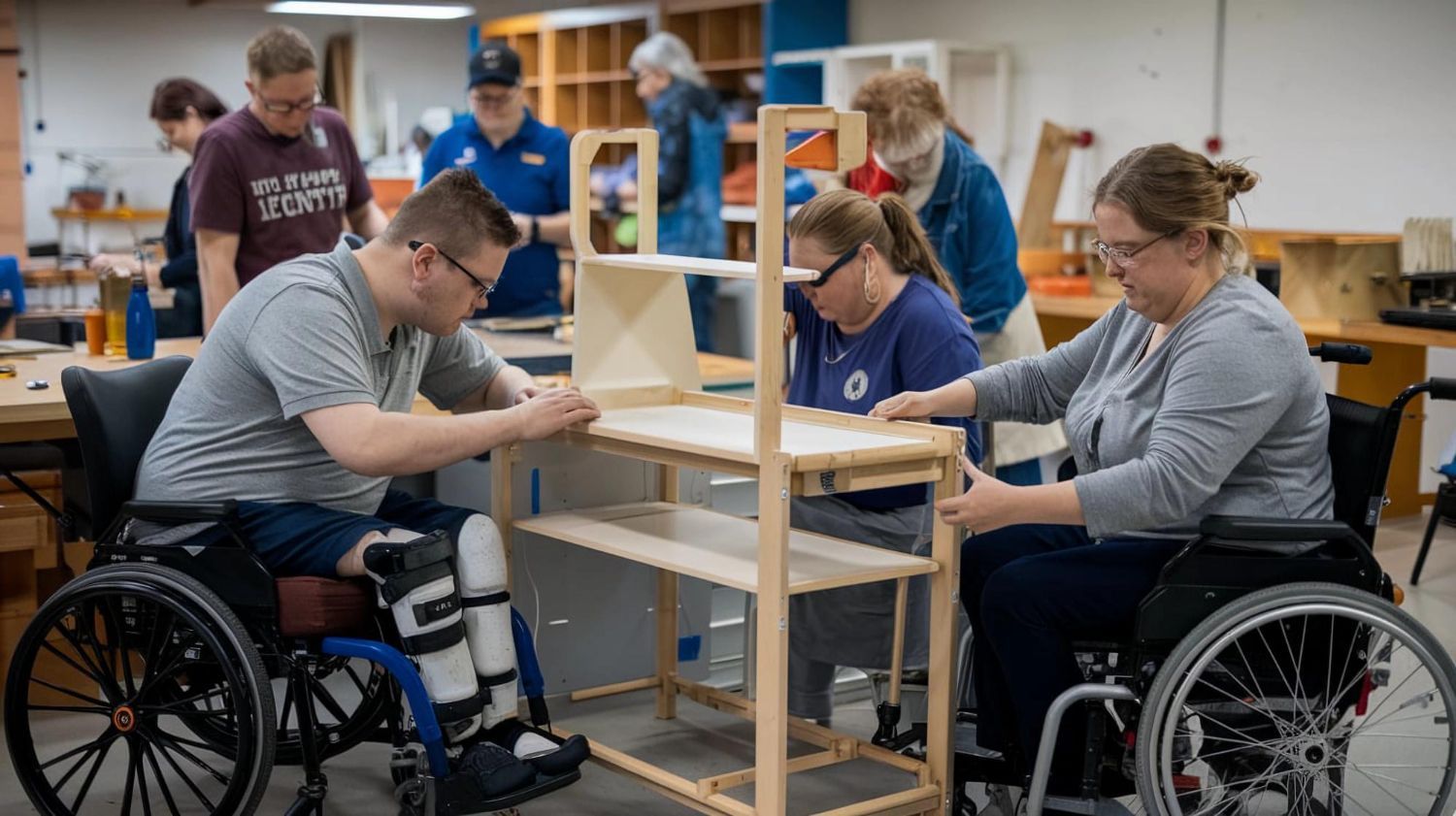Strengthening NDIS workforce resilience: strategies to retain skilled disability support workers
The challenge of NDIS workforce retention
The National Disability Insurance Scheme (NDIS) has expanded opportunities for Australians with disabilities, but it has also created an urgent need for a skilled, reliable workforce. Skilled disability support workers are essential to delivering high-quality, person-centred care, yet retaining these professionals remains a significant challenge.
High turnover rates can disrupt care continuity, increase recruitment costs, and impact the well-being of participants. That is why NDIS workforce retention is not only a human resources concern — it is a cornerstone of effective, sustainable disability services.
Pathway Talent understands that retaining skilled support workers requires more than competitive pay. A combination of professional development, workplace culture, flexibility, and recognition is key to building a resilient workforce capable of meeting the sector’s growing demands.
Prioritising professional development
Support workers want opportunities to learn, grow, and advance. Investing in professional development helps workers feel valued and engaged. Training can include:
- Upskilling in specialised areas such as complex care, behaviour support, or assistive technology.
- Soft skills development in communication, empathy, and problem-solving.
- Mentorship programs connecting less experienced workers with seasoned professionals.
Continuous learning not only improves service quality but also fosters loyalty, reducing turnover and enhancing workforce stability. Pathway Talent works with providers to implement structured development programs that align with career pathways and organisational goals.
Building supportive workplace culture
A strong, positive workplace culture is a major factor in retaining NDIS staff. Support workers thrive in environments where they feel respected, included, and supported. Strategies to strengthen culture include:
- Encouraging open communication between staff and management.
- Recognising and rewarding achievements.
- Providing opportunities for team building and collaboration.
- Fostering inclusive and safe workplaces that respect diversity.
When workers feel heard and valued, they are more likely to stay, deliver better care, and act as ambassadors for the organisation.
Flexible working arrangements
Flexibility is increasingly important in the NDIS workforce. Many support workers balance professional responsibilities with family, study, or other commitments. Offering flexible schedules, casual or part-time shifts, and options for remote or hybrid work can improve retention and reduce burnout.
Pathway Talent assists providers in designing workforce plans that accommodate flexibility without compromising care quality. This approach ensures that workers can maintain work-life balance while participants receive consistent, high-quality support.
Recognition and career pathways
Support workers need to see a future in the industry. Establishing clear career pathways and recognising contributions can improve retention significantly. Examples include:
- Promoting from within to senior support roles, team leader positions, or specialist care roles.
- Providing financial incentives, awards, and recognition programs.
- Offering support for formal qualifications and accreditation.
Pathway Talent helps organisations create structured pathways that motivate employees to remain committed to their roles while advancing professionally.
Supporting worker well-being
The emotional and physical demands of disability support work are significant. Supporting staff well-being is essential to reducing burnout and retaining skilled workers. Strategies include:
- Providing access to mental health resources and counselling.
- Ensuring manageable caseloads and adequate breaks.
- Encouraging peer support and mentoring.
A workforce that feels cared for and supported is more resilient, engaged, and effective in their roles.
Final thoughts
Retaining skilled disability support workers is vital for the success of NDIS providers and the wellbeing of participants. NDIS workforce retention requires a multifaceted approach — professional development, supportive culture, flexibility, career pathways, and employee well-being.
Pathway Talent is committed to helping providers build resilient, motivated, and skilled teams. By focusing on people-first strategies, we ensure that support workers feel valued, fulfilled, and empowered to deliver exceptional care.
With the right strategies in place, organisations can reduce turnover, strengthen service delivery, and contribute to a sustainable and thriving NDIS workforce.











